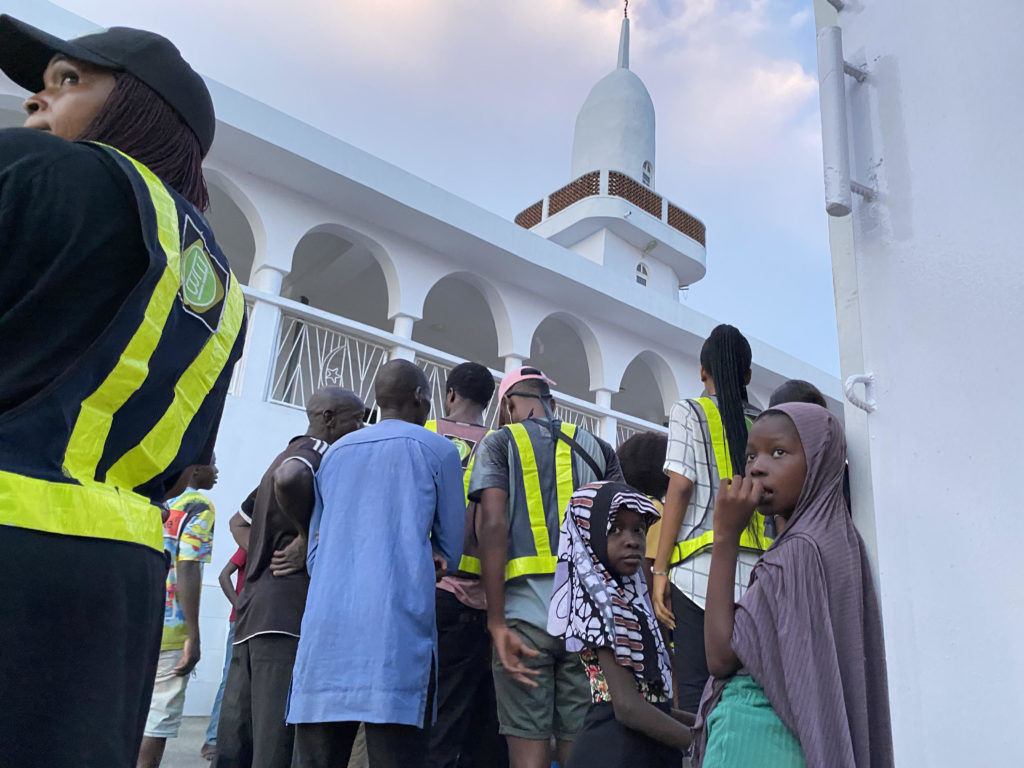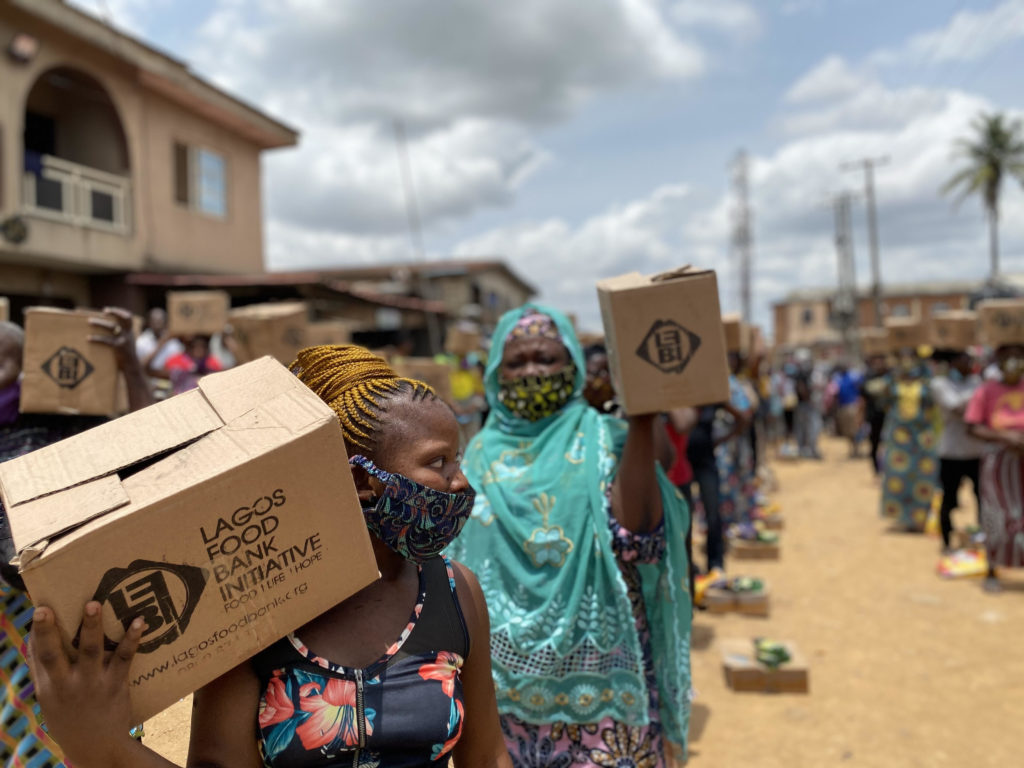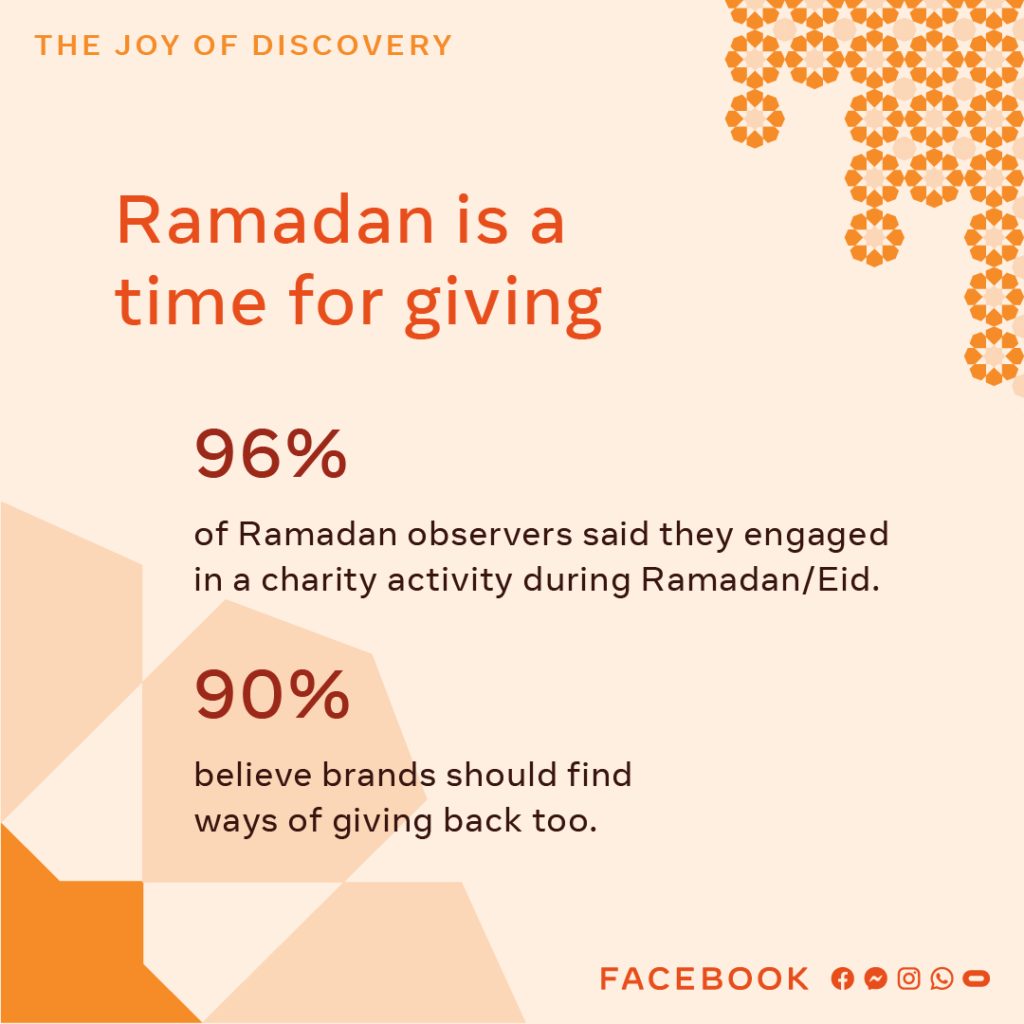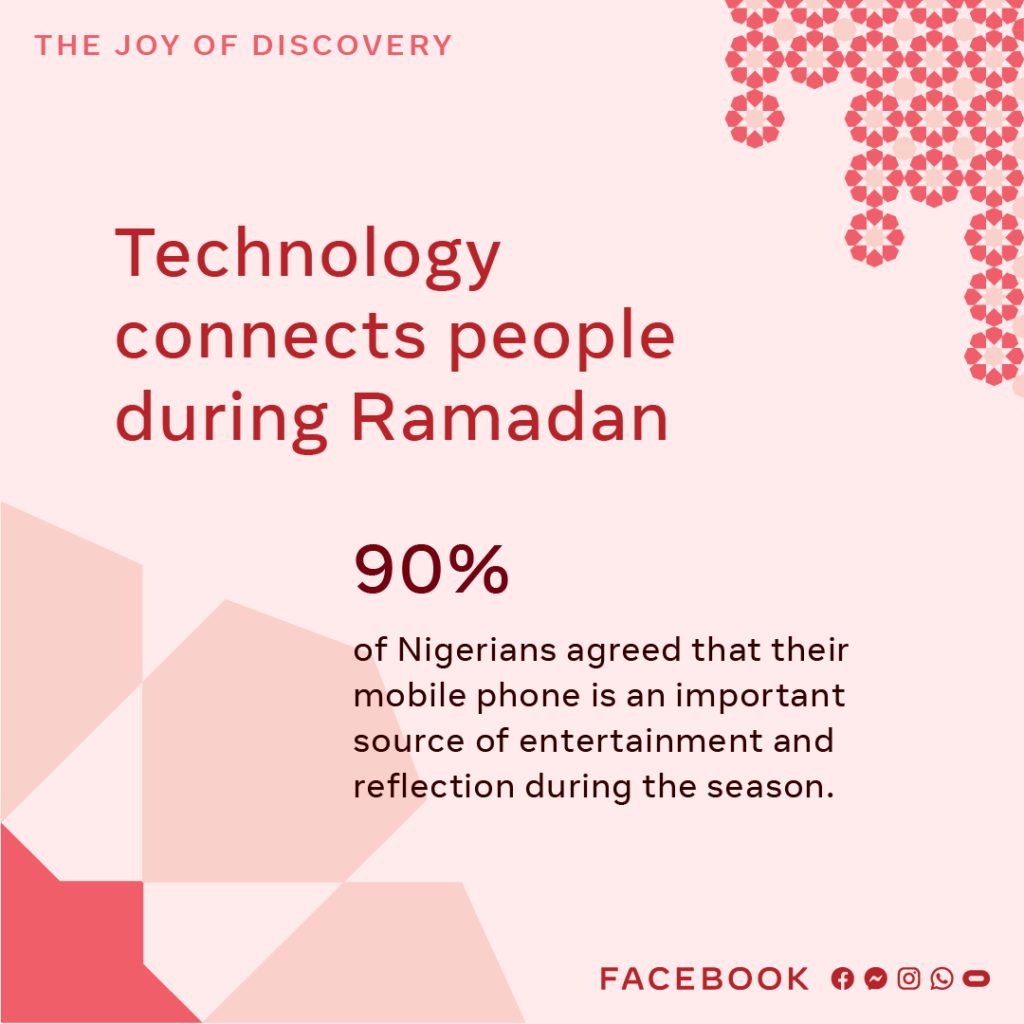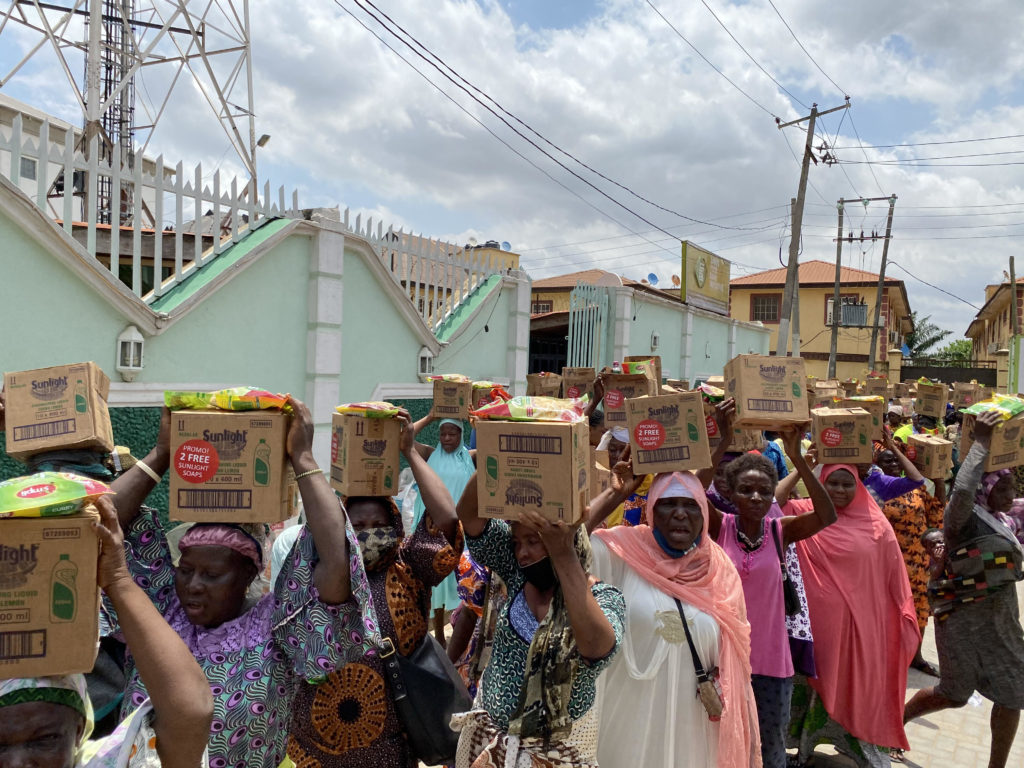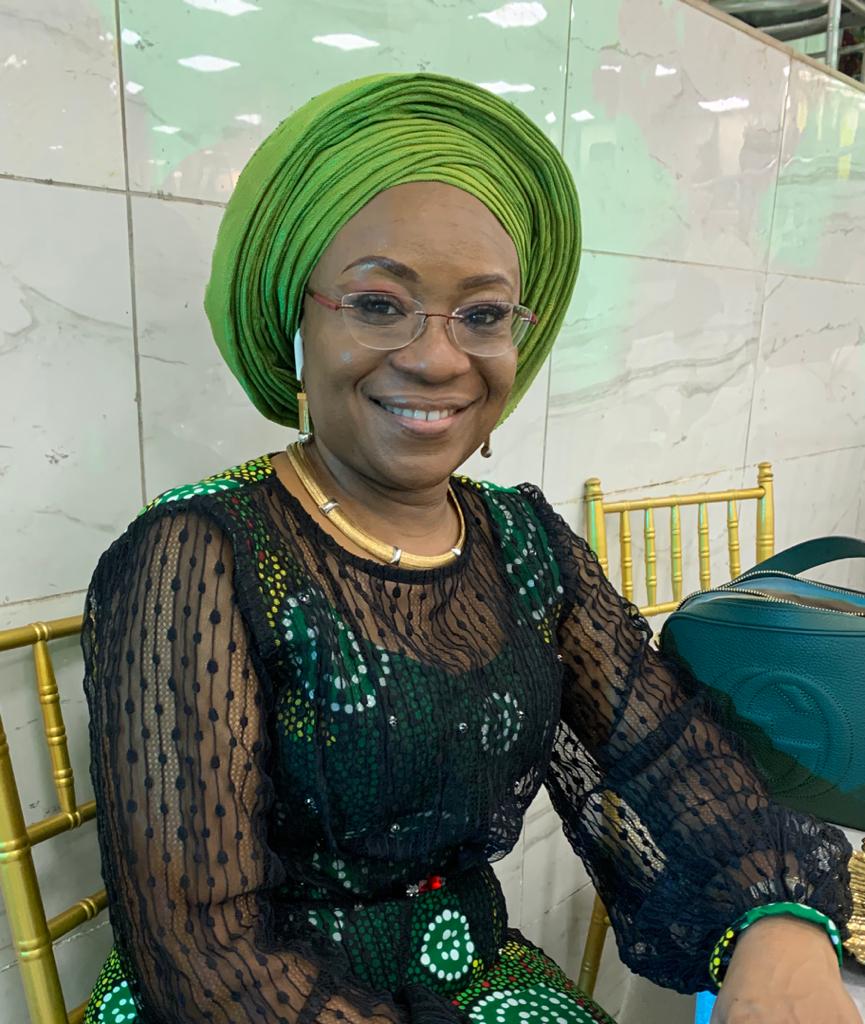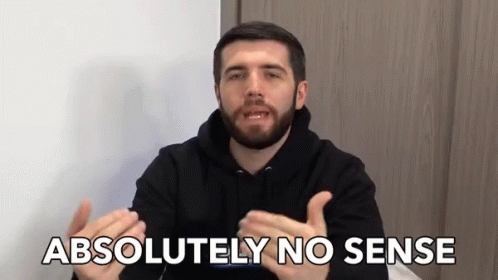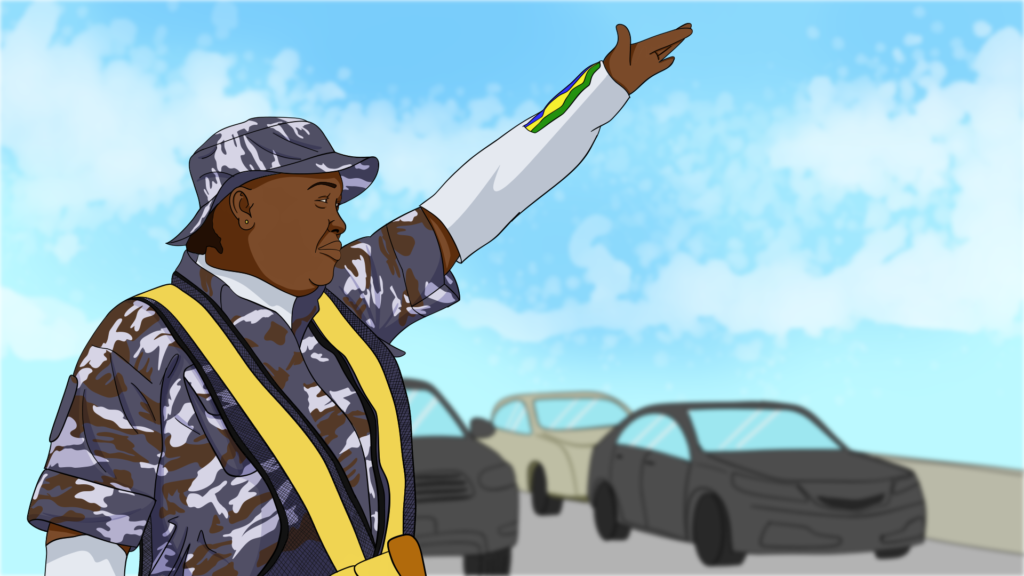
Every day, the double lane in front of the Sabo-Yaba Police Station buzzes with speeding tricycles, cars and buses controlled by Inspector Justina. And when school children cross the Sabo-Yaba intersection, her two steady hands reach out to guide them.
Since she was transferred from State Traffic, Ikeja, to the Sabo-Yaba Police branch in 2022, Inspector Justina Rita Omogbai has served the children in the area alongside her pledge to the badge.
“When you get to the police station, ask for Too Sure, that’s me,” she reminded me over the phone the day we set to meet.
Two weeks before, a youth corp member had told me about an outreach his Community Development Service (CDS) did in Sabo-Yaba to sensitise school kids about cleanliness. They planned to raise funds for a police officer who supported underprivileged children with school items. I was intrigued; not because it’s new, but the presence of Nigerian police is widely known to inspire panic not admiration.
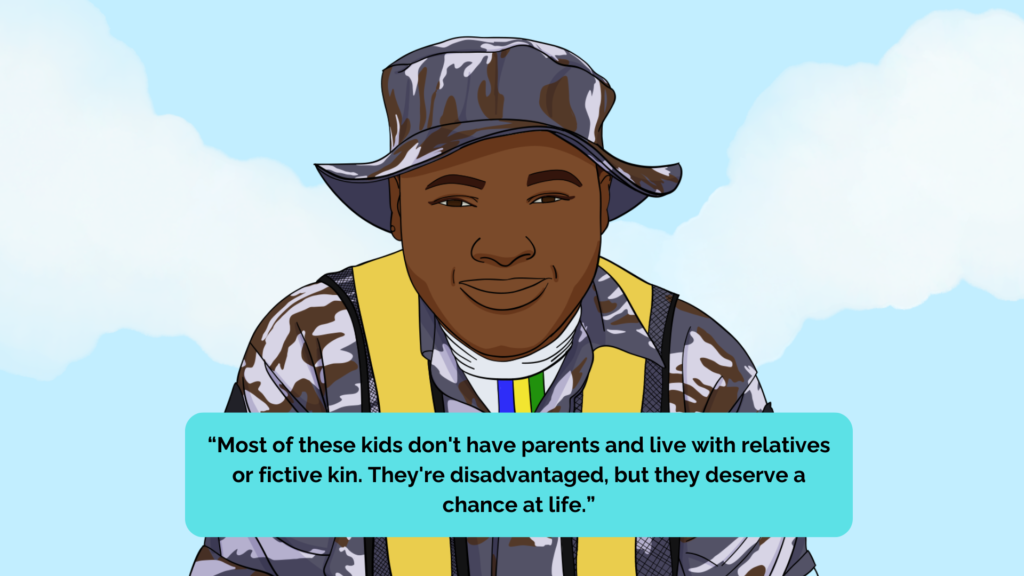
To the Sabo-Yaba community, Inspector Justina is a disciplinarian and hero. “This is my calling,” she says, “To assist and improve living, especially for the needy.”
The Inspector ties her earliest memory of service to her secondary days at Shasha Community High School, Egbeda. She’d list the concerns of underprivileged fellow students to her parents, making them buy items like socks and notebooks to give to her mates when they could afford to. That concern for others turned into decades-long benevolence for the “leaders of tomorrow”.
When Inspector Justina arrived at the Sabo-Yaba division, she noticed kids in clothes and school uniforms loitering around newspaper vendor joints, food canteens and game houses during school hours. One morning, she couldn’t overlook how much they played and made noise around where she controlled traffic, so she decided she had work to do.
“Inspector Justina sees past busy roads, moving vehicles and lawless drivers. She’s on the lookout for disadvantaged school kids.”
Her first step was to kick them out of these places that indulged them. She began to push them to return to school; the use of canes made the persuasion faster than word of mouth.
Inspector Justina earned her nickname, Too Sure, at her former station. The drivers there grew to depend on her kindness to avoid getting into trouble with her colleagues. Even when they did, she always applied empathy to their cases. Road users who got into trouble for driving offences in Ikeja could count on her to not extort or treat them unnecessarily harshly, just like the kids in Sabo-Yaba do now.
On duty, Inspector Justina sees past busy roads, moving vehicles and lawless drivers. She’s on the lookout for disadvantaged school kids.
In the morning, she’s on the road with motivational charges and school items for the kids. On sunny afternoons, she shares biscuits and cold bags of pure water to quench their thirst on their way home. “Most of these kids go to government schools. Many live with relatives or fictive kin. They’re disadvantaged, but they deserve a chance at life,” she says.
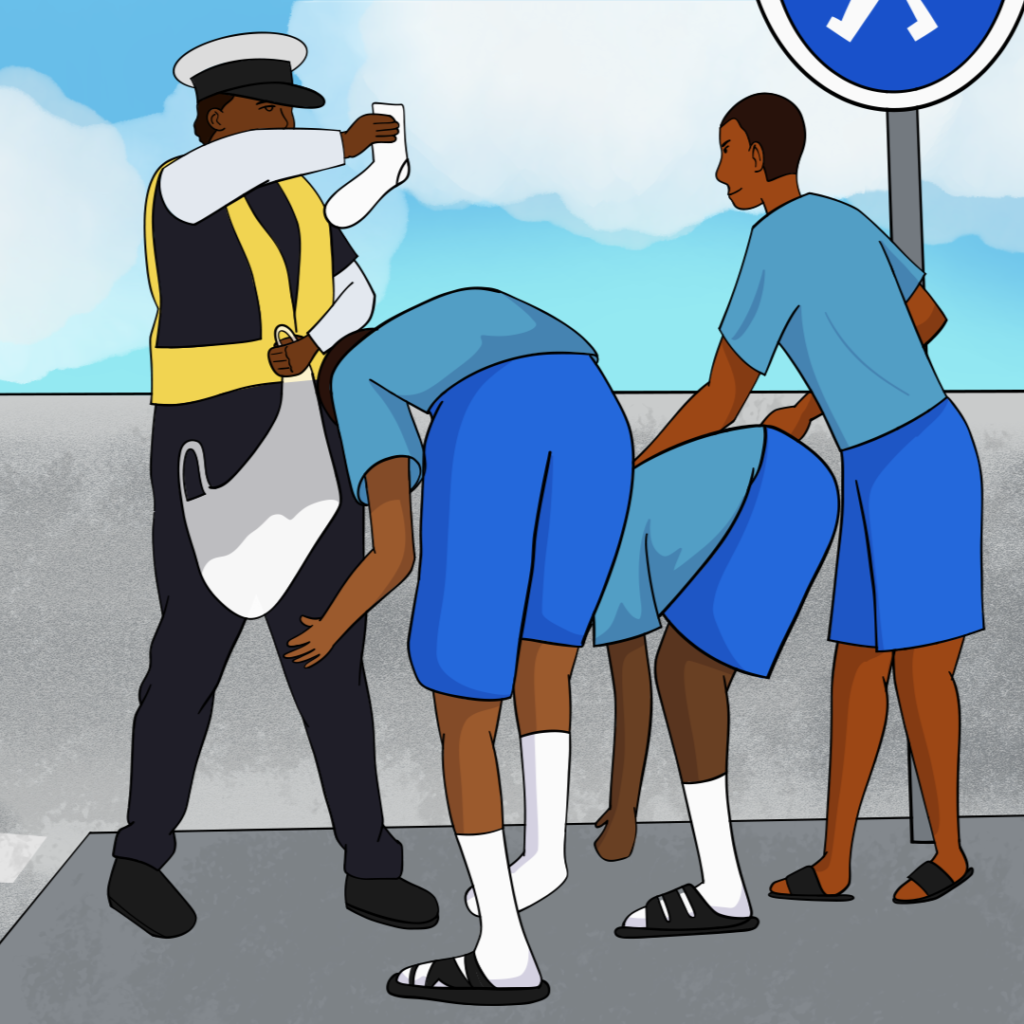
Sometimes, all people need is a push to do better. Most of the kids she provides for now take their education seriously. They pass her route and say their greetings when going to school and coming back.
Inspector Justina’s intervention cuts from their education to personal hygiene. Not only do some of the kids wear neat uniforms now, she makes sure they don’t run out of deodorants.
Yet, serving the community inevitably invites ridicule.
“I’ve had challenges from vendors who feel I’m pushing away their customers. My colleagues have lodged complaints and reports to my Divisional Police Officer (DPO) for disciplining these kids.”
Cane is an enforcer in the Nigerian setting, and though Inspector Justina isn’t one to use it on the kids, she holds it because it makes them behave.
She’s not bothered about the criticism, and fortunately, her boss (the DPO) supports her work. Her conversation with the man was more a commendation than a query.
“He also believes that children need guidance, and if there’s an opportunity to provide it, so shall it be.”
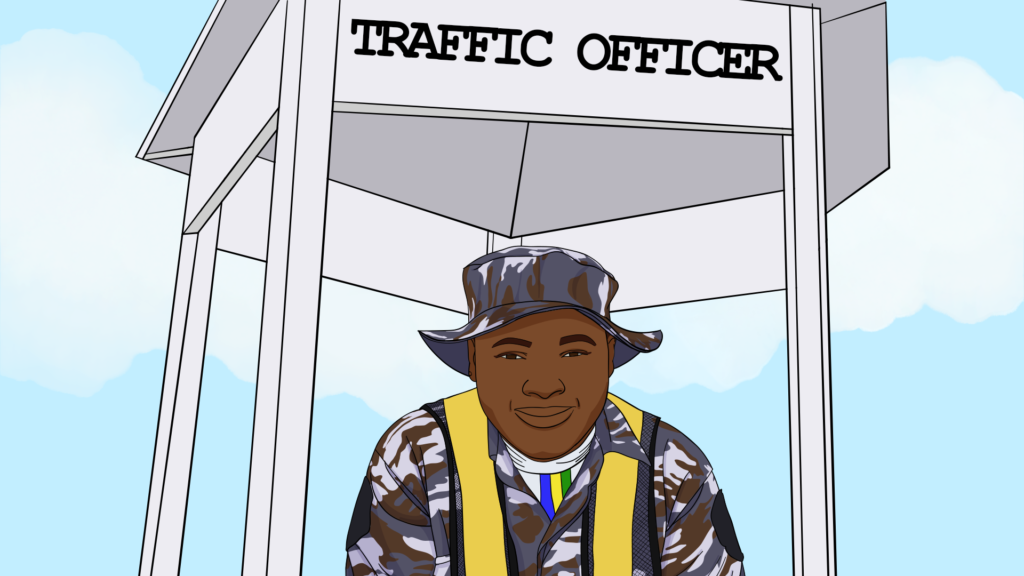
Financially, this little mission is mostly Inspector Justina. After one-third of her salary is enveloped to her church as tithe, she divides the remaining into two: one for her family and the other half (with an addition from her husband) for the kids of Sabo-Yaba. Sometimes, people contribute. Some even join her on the road to share items with the kids who pass by.
12 years to her retirement, Inspector Justina Rita Omogbai hopes to do more for these kids. She admits there’s been a notable reduction in the quantity of items she distributes due to the nation’s current economy. But she’s determined to continue ensuring there are fewer torn uniforms, polythenes disguised as school bags and haggard-looking students on the road.
Credits:
Photographer: Francis Alagbe (SNKFA Films)
Illustrator: Keziah Bassey
Editor: Lolade Alaka



